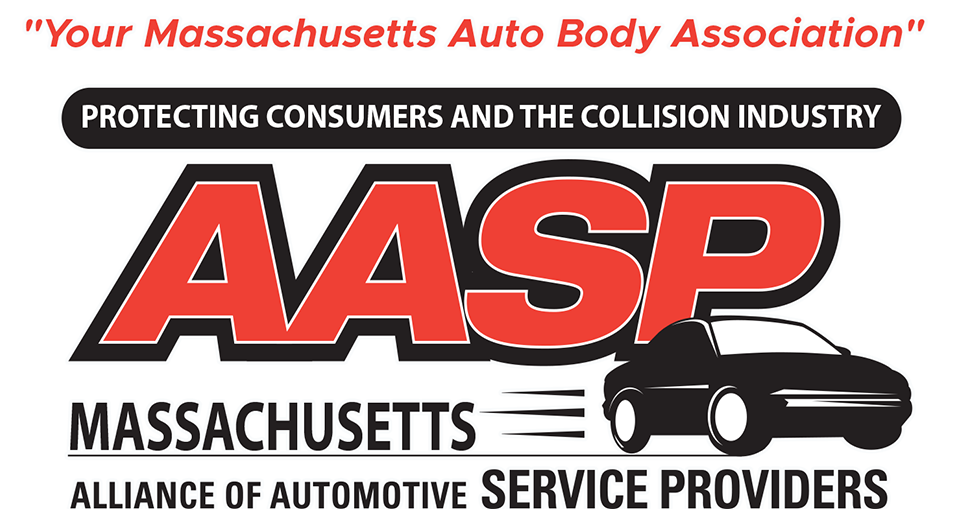| April Index | Tech Tips | Local News | National News | Biz Tips |
11TH Annual Golf Tournament
Suit Against Liberty Mutual, DRP Shop Returns to State Court
A federal judge has ruled that the Magnuson-Moss Warranty Act has nothing to do with the work done by repairers and insurers. The ruling came in a lawsuit filed by West Virginia Attorney General Darrell McGraw against Liberty Mutual Insurance Company and Greg Chandler’s Frame & Body, LLC (Greg’s Body Shop), for repairing vehicles with “junkyard parts” in violation of the state’s Crash Parts Act. The decision returns the case to its original place of filing in Kanawha County, WV.
This case is of particular interest for collision repairers because a direct repair facility, repairing cars under its contractual agreement with Liberty Mutual, is also named as a defendant because it carried out the illegal policies of the insurer.
According to the AG, it is unlawful in West Virginia for an insurance company to require the use of used or reconditioned parts when negotiating repairs of motor vehicles within three years of manufacture, without acquiring the motor vehicle owner’s consent.
The federal court decision came after Liberty Mutual’s lawyers argued that the lawsuit should be moved to federal court as the case raises questions involving federal law, specifically the Magnuson-Moss Warranty Act (MMWA). However, the judge called that argument nonsensical. In his decision, the judge writes, “The provisions of the MMWA cited by the defendants prohibit warrantors of consumer products from conditioning their warranties in certain circumstances. In contrast, the Crash Parts Act maintains standards for motor vehicle body shops and insurance companies for the repair of new automobiles. The federal and state statutes govern different actors and different conduct. It is nonsensical to allege that a claim that an insurance company and a motor vehicle body shop have repaired automobiles in a way that violates the Crash Parts Act is actually a claim under the MMWA, which applies to warrantors of consumer products.”
Attorney Erica Eversman, who has been following the case and reported this latest development, explained, “As a result, the case is on its way back to WV state court for a hearing on the AG’s original request for an injunction to prohibit conduct that violates the WV Crash Parts Act.
The full federal court opinion can be downloaded from the Automotive Education & Policy Institute website, an online legal information project maintained by Eversman.
9th Annual Hertz Golf Outing
WV Judge Grants Injunction Barring Salvage Parts Policy
The Charleston Gazette reported on Monday that a West Virginia judge has granted a temporary injunction against Liberty Mutual Insurance and one of its direct repair shops to end the insurer’s policy of using salvage parts to repair late model vehicles.
This case is of particular interest for collision repairers because the direct repair facility, repairing cars under its contractual agreement with Liberty Mutual, is also named as a defendant for carrying out the policies of the insurer.
Kanawha County Circuit Judge Charles E. King also ordered that Liberty Mutual release the names of vehicle owners who may have had their cars illegally repaired with salvage parts, according to the report. West Virginia Assistant Attorney General Matthew Stonestreet told the paper that his office would decide on a course of action regarding potential restitution to those consumers once the list is received.
“One way or another we want these people to be made whole,” Stonestreet told the Gazette. “And we don’t want [the insurance companies] to do this anymore.”
West Virginia law prohibits the use of aftermarket or used parts for the repair of vehicles less than three years old unless the owner of the vehicle agrees to it. State Attorney General Darrell McGraw had filed a motion to prevent Liberty Mutual and Greg Chandler, the owner of the Liberty Mutual DRP shop, from installing used crash parts on vehicles that are manufactured within three years of the date of the crash.
The decision follows a recent ruling by a federal court judge who threw out the case and remanded it to the West Virginia courts. Liberty Mutual tried to remove the case to federal court, claiming that AG McGraw’s complaint raises questions under the Magnuson-Moss Warranty Act. The U.S. District Judge rejected that argument, calling it “nonsensical.”



